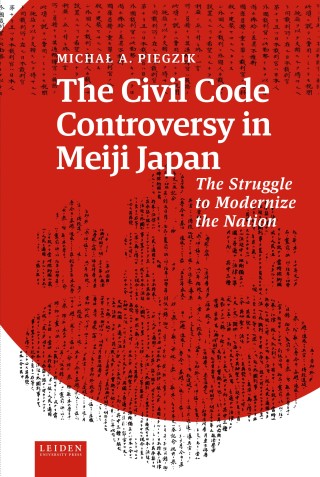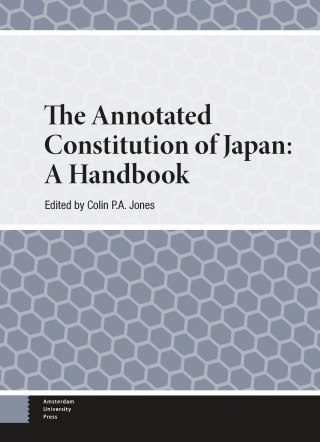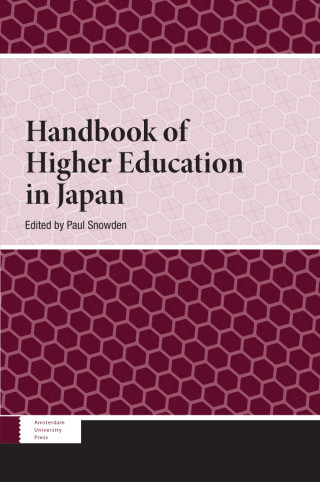Gregory S. Poole is a professor of social anthropology at the Institute for the Liberal Arts, Doshisha University, Kyoto. Greg’s area of research focuses mostly on topics within the anthropology of education and his books include three co-edited volumes, Foreign Language Education in Japan: Exploring Qualitative Approaches (co-edited with Sachiko Horiguchi and Yuki Imoto, 2015, Springer), Reframing Diversity in the Anthropology of Japan (co-edited with John Ertl, John Mock, and John McCreery, 2015, Kanazawa University), and Higher Education in East Asia: Neoliberalism and the Professoriate (co-edited with Ya-chen Chen, 2009, Brill), as well as a monograph, The Japanese Professor: An Ethnography of a University Faculty (2010, Brill).





